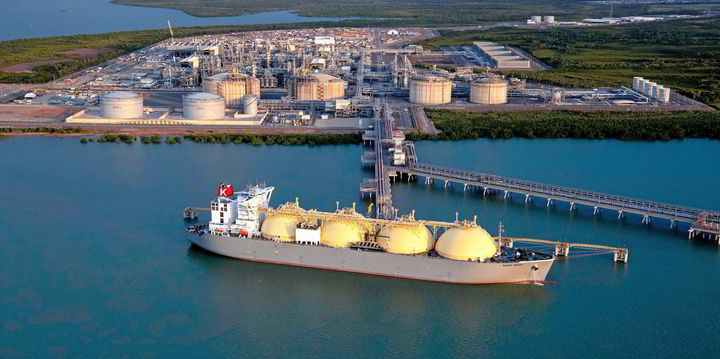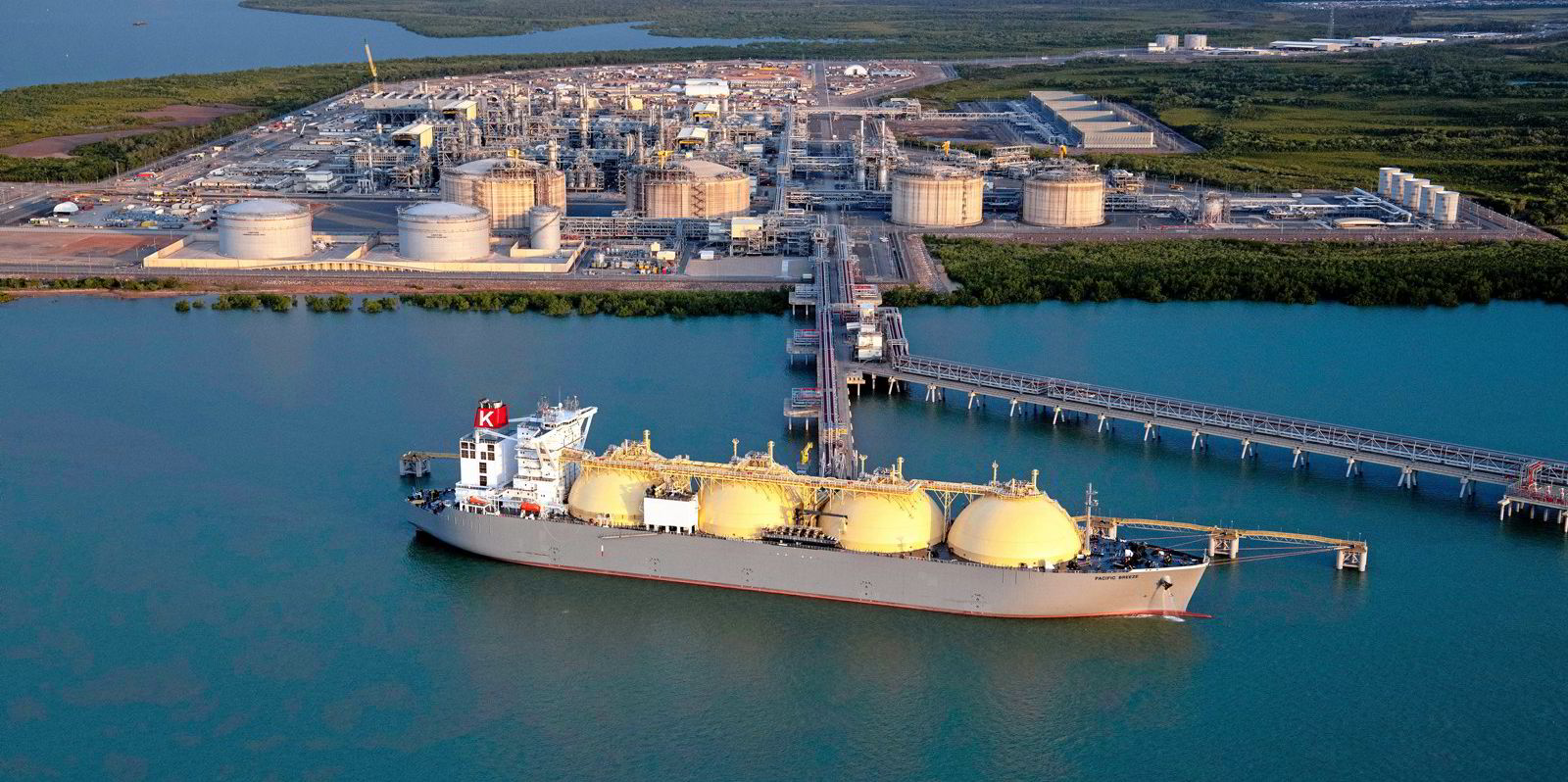Japan’s Inpex has submitted a re-revised Plan of Development (POD) for its long-stalled multi-billion dollar Abadi liquefied natural gas project in Indonesia, which incorporates a carbon capture and storage scheme, to the host authorities.
As part of Inpex’s initiative towards a net zero society by 2050, the Abadi operator has been in dialogue with the authorities to ensure the LNG project’s competitiveness and sustainability for the duration of the energy transition.
As a result, Inpex amended the revised POD to include plans to neutralise all carbon dioxide emitted from gas production at the Abadi field through the introduction of CCS.
Indonesia last month enacted a Ministry of Energy & Mineral Resources’ regulation on CCS and carbon capture, utilisation and storage in the oil and gas sector; and Abadi is expected to be the first CCS project to be developed under the cost recovery model.
The field is located on the offshore Masela block for which the production sharing contract has been extended until 15 November 2055.
Abadi’s capital expenditure has been touted at more than $12 billion for the now proposed onshore two-train liquefaction project while incorporating a CCS scheme could add $1.2 billion or $1.3 billion to the total, Dwi Soetjipto, head of Indonesia’s upstream regulator SKK Migas, earlier said.
Article continues below the advert
Inpex now expects to sequentially restart activities for the Abadi LNG project, which is based on a 9.5 million tonnes per annum onshore liquefaction scheme in the remote east of the Indonesian archipelago.
Work on the nearer-term horizon includes onsite activities and preparing for front-end engineering and design work subject to the Indonesian authorities approving the latest version of the POD.
FID in the latter half of 2020s
Subsequently, the Japanese operator expects to complete marketing and financing work with the aim of taking the final investment decision in the latter half of the 2020s and starting production early in the next decade. Annual LNG production of 9.5 million tonnes is equivalent to more than 10% of Japan’s yearly imports.
Inpex on Tuesday said that Abadi is expected to contribute to improving energy security in Indonesia, Japan and other Asian nations “based on its world-leading gas field properties and plentiful reserves enabling efficient development and its CCS component allowing the stable supply of clean energy over the long term”.
The grassroots project that will also deliver 150 million cubic feet per day of pipeline gas to local customers — Inpex has signed memoranda of understanding for domestic gas sales with local outfits PLN, PGN and Pupuk Indonesia — is expected to contribute significantly to the economic development of the eastern part of Indonesia and help towards the country’s goal of reaching net zero CO2 emissions by 2060. Abadi too will produce some 35,000 barrels per day of condensate.
Inpex currently has a 65% operated interest in the Masela PSC and its sole partner is Shell with a 35% stake although the UK supermajor — which came onboard when Abadi was to be exploited via a floating LNG facility — has put its share up for sale. Indonesia’s national oil company Pertamina has recently been in exclusive talks with Shell to acquire its interest although no firm deal has yet been struck.
The Masela contract area covers approximately 2503 square kilometres in water depths of between 400 and 800 metres some 150 kilometres offshore Saumlaki in Maluku province.
The Indonesian government in 2017 afforded Abadi both national strategic project and priority infrastructure project status.
Inpex discovered Abadi 23 years ago with its first wildcat on the deep-water PSC.
The Japanese player had initially planned to exploit the giant gas field as a phased project starting with a small-capacity FLNG vessel.
A subsequent reserves increase following appraisal work led to the next proposed development scheme that centred on a 7.5 million tpa FLNG facility.
However, this concept was ultimately vetoed at the highest level by Indonesia’s President Joko Widodo with partners Inpex and Shell told to return to the drawing board and draft plans for an onshore liquefaction project.

